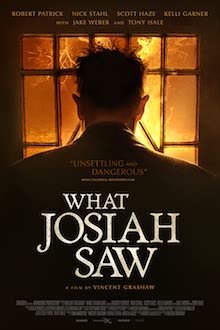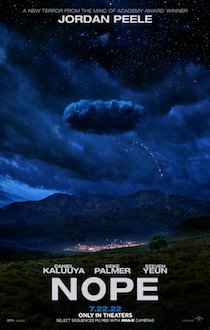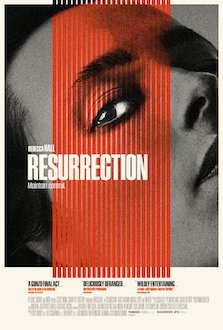Direction: Halina Reijn
Country: USA
Directing from a screenplay by Sarah DeLappe, Dutch actress turned director Halina Reijn (Instinct, 2019) fabricates a repetitive, dodgy and sloppy horror farce bogged by unoriginal ideas. At an early stage, and despite the familiarity of the scenes, I gave it the benefit of the doubt. But as the story proceeds, I found myself scratching my head with boredom and impatience, with the film constantly struggling to impose an acceptable rhythm as well as failing to scare and surprise.
The story recycles the models of other films, describing the sinister outcome of a drugs-and-alcohol-infused party held in a secluded house. In the sequence of a wink murder-style game played the young adult friends, real deaths start to occur. With a tropical storm enhancing the bad vibes, the film turns into a whodunit psychological fraud with a rancid conclusion.
We are always a little off and the emotion suggested is totally fake as all the actors lack charisma. The banality of the dialogues and the unnatural hysteria is what really scared me, while its malfunctioning mechanics failed to cause anything other than a severe headache. Reduced to its miserable insignificance, Bodies Bodies Bodies is instantly forgotten.








































